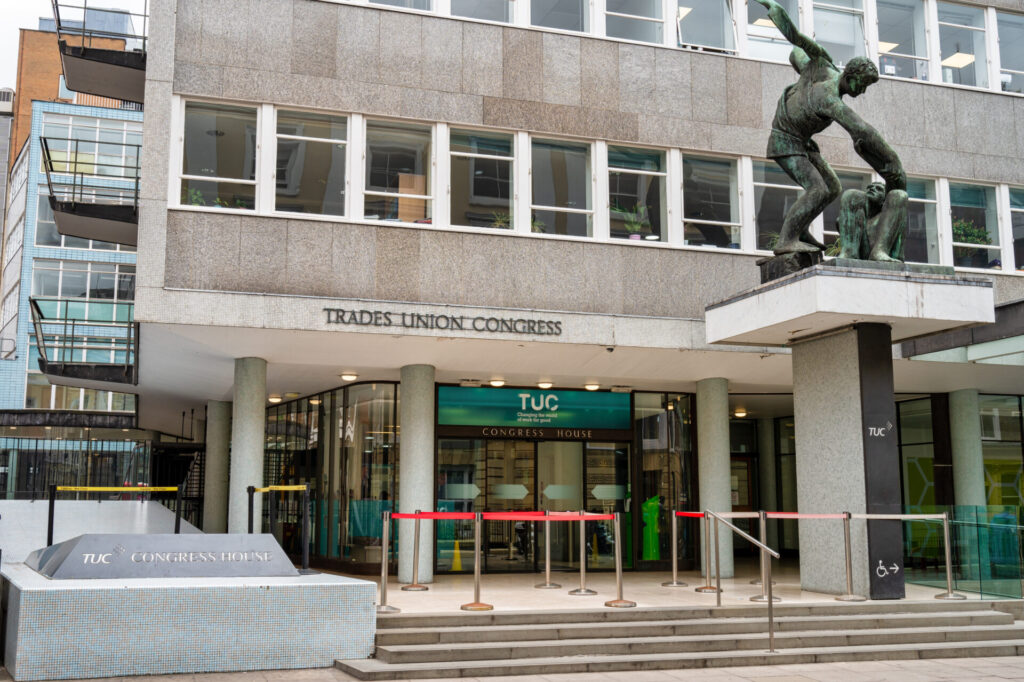The Government has announced a £55bn long-term funding boost for UK research and development (R&D), aimed at creating high-quality jobs, supporting innovation, and strengthening the economy through science and technology breakthroughs.
The new funding – the largest-ever investment from the Department for Science, Innovation and Technology (DSIT) – will support research agencies and innovation bodies working on advances from health to clean energy.
The department’s R&D budget will grow in real terms, reflecting its commitment to powering job creation and business growth through scientific discovery.
New government analysis showed that every £1 spent on R&D delivers £8 in wider economic benefits and attracts £2 in private investment.
Businesses receiving public R&D grants also see major workforce gains — on average, employment increases by 21% and turnover by 23% within six years of funding.
Science and Technology Secretary Liz Kendall said: “Backing our best and brightest researchers and innovators is essential. They are making the impossible, possible, from health to clean energy and beyond.
“Their ideas will create tomorrow’s industries, boosting growth and transforming public services now and in the future.
“By investing in their work, we are backing the long-term success of the UK, by paving the way for breakthroughs that will help us all to live and work better.”
The government’s investment will directly support R&D jobs in universities, research institutes, and private sector organisations across the UK, with up to three million roles already linked to research activity.
UK Research and Innovation (UKRI) will deliver more than £38bn of the funding, including nearly £10bn in 2029/30.
The Advanced Research and Invention Agency (ARIA) will see its annual budget rise to £400m by 2029/30, backing bold, long-term breakthroughs such as the use of robotics in social care.
More than £1.4bn will go to the Met Office to maintain the UK’s global leadership in climate science, alongside over £550m for the National Measurement System and £240m for the AI Security Institute.














